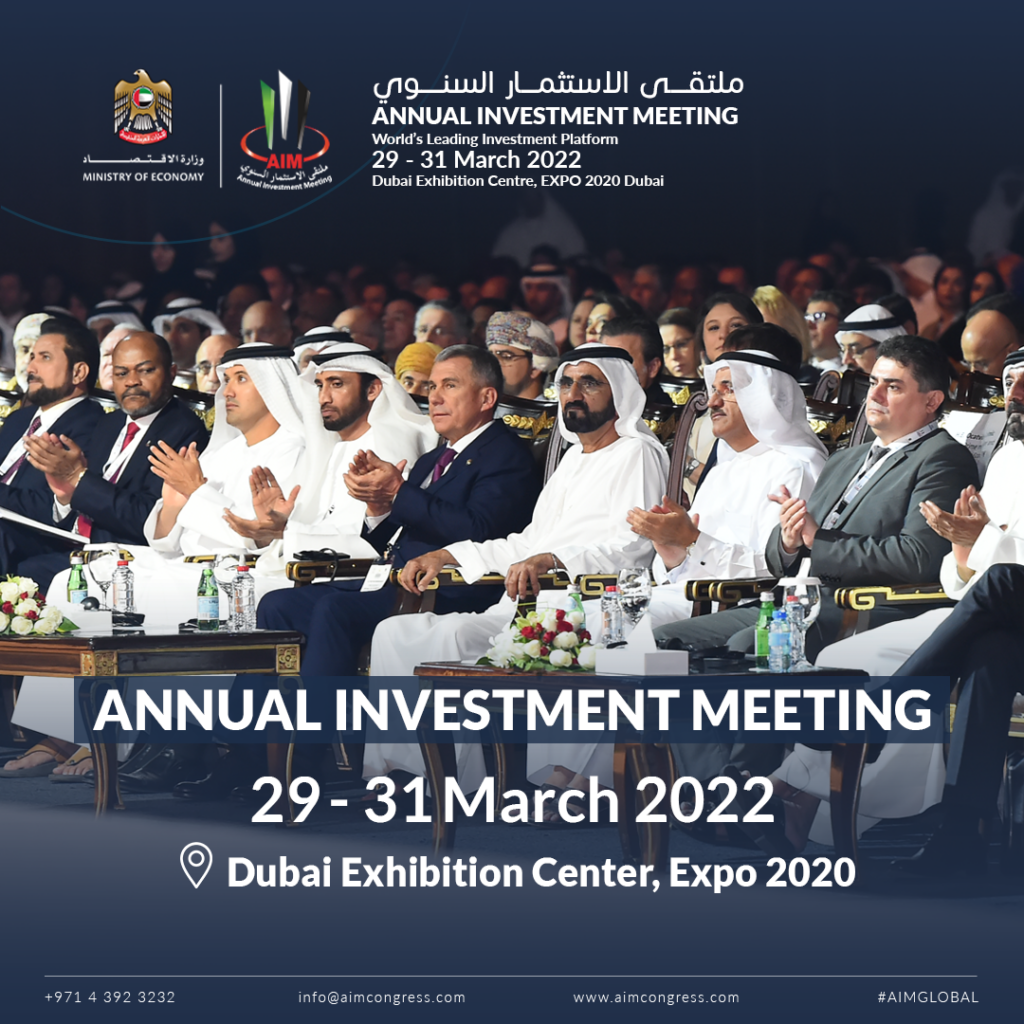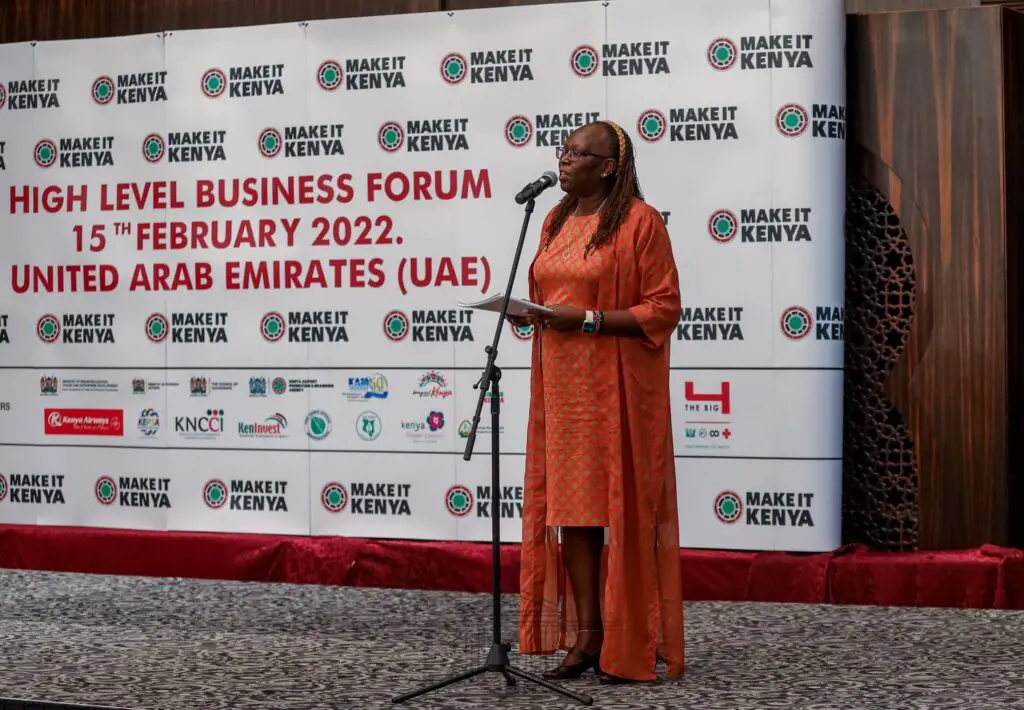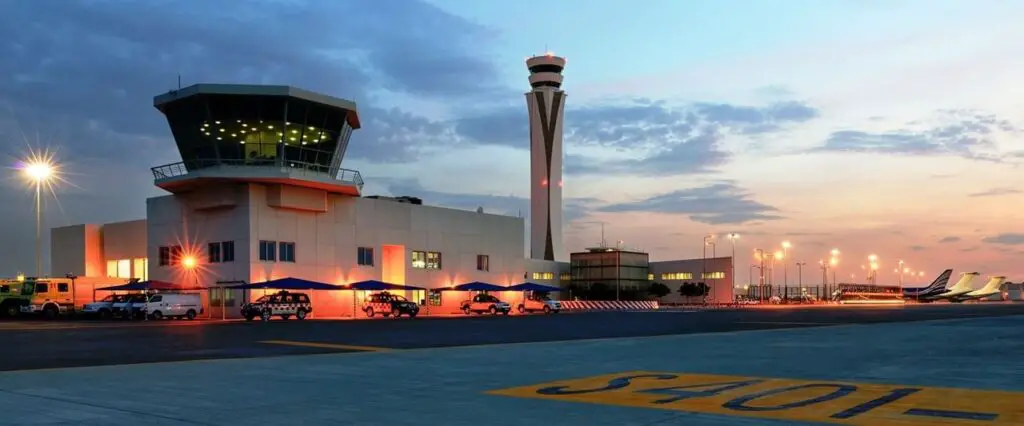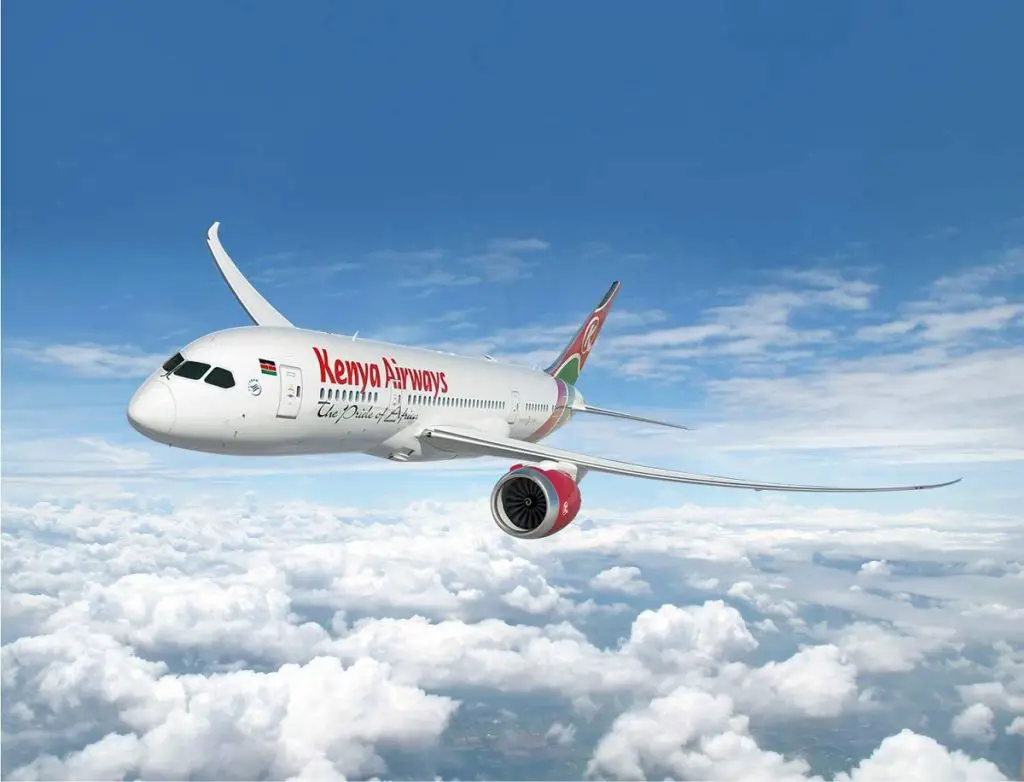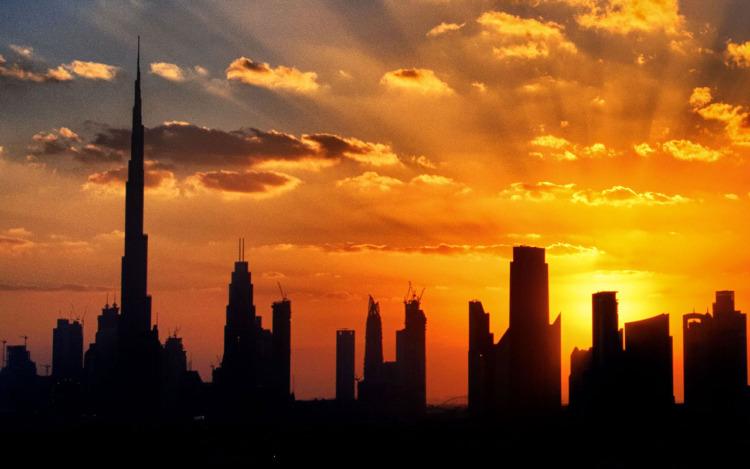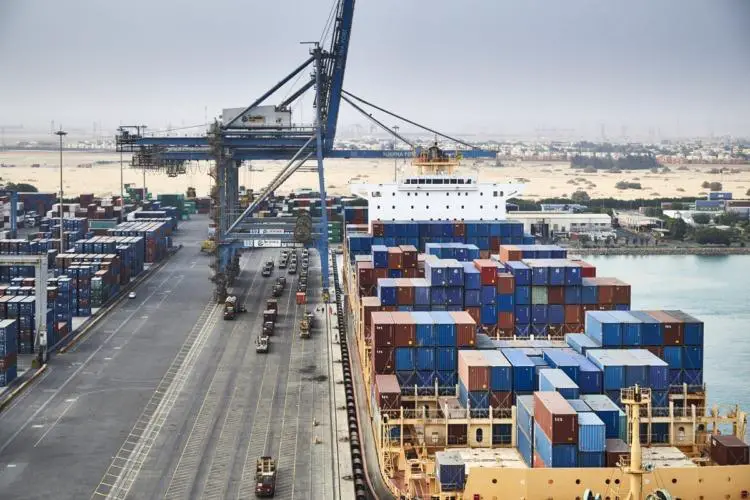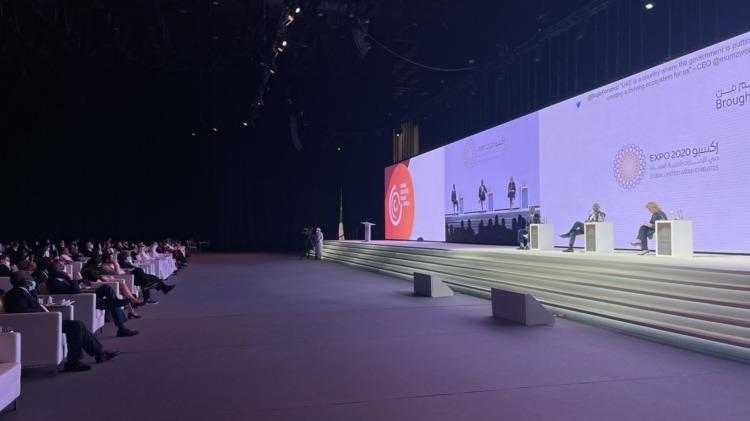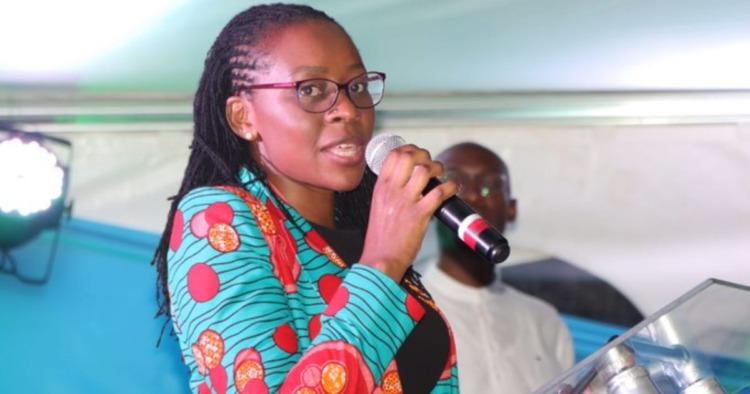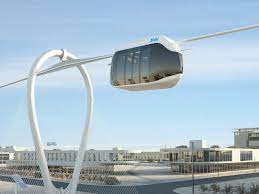- Wärtsilä Energy offers tips on how Africa can navigate energy transition and grid reliability
- Powering Africa: Africa’s Path to Universal Electricity Access
- Global investment trends at AIM Congress 2024: a spotlight on the keynote speakers
- South Africa’s deepening investment ties in South Sudan oil industry
- Agribusiness could drive Africa’s economic prosperity
- Dawood Al Shezawi: Why AIM Congress 2024 is the epicenter of global economic and cultural dialogues
- d.light’s 600,000 cookstoves project verified as top source of quality carbon credits
- Artificial intelligence (AI) could create a turning point for financial inclusion in Africa
Browsing: Dubai
The Polish Ministry of development is launching a new trade and investment agency aimed at supporting Polish businesses to expand abroad, with a focus on African and Asian markets.
In 2017, the Polish Agency for Investment and Trade (PAIH) started operating within the Polish Development Fund (Group PFR) to develop Polish businesses. Group PFR implements financial instruments for trade purposes.
The launch was due to the fact that the Polish government was focusing on several sectors including information communications technology (ICT), pharmacy to cosmetics, biotechnology, fashion and food. …
AIM 2022 comprises a broad array of features and activities that give real value to all participants and stakeholders of the conference, including AIM Pre-conference Workshop & Seminar, AIM 2022 Conference, AIM 2022 Exhibition, AIM 2022 Innovation Showcase, Startup Hackathon, Startup Live Pitching Sessions, Site Visits, B2B, G2B, & G2G Meetings, Exclusive Breakfast, High-level Networking Lunch, Gala Dinner, AIM Global 2022 Investment Awards, AIM 2022 Startup Pitch Competition, and AIM 2022 Future City Awards, among other features.
With the Annual Investment Meeting’s 6 Pillars providing value to all the event’s participants, therefore, attending AIM is imperative for all stakeholders of the global investment landscape.
The details and topics of the meeting are available on the AIM website and for participation or questions regarding AIM, you can contact Angie Marhan.…
The President said enhancing trade between Kenya and the Gulf countries would help to address the urgent need for jobs and economic opportunities for young people.
He especially urged business leaders from the private and public sectors to develop a special trading framework that will give preference to small and medium enterprises in the East African Community and the GCC.
At the same time, President Kenyatta expressed the need to develop a long-term solution to the many tariff and non-tariff barriers that curtail trade between Kenya and the Gulf region.…
Cargo freight and passenger flights from Dubai to Nairobi were not affected by the Kenyan ban.
All incoming and transit passenger flights from Kenya have been banned till further notice as a result of an increase in Covid-19 cases in the nation, which led to the suspension of flights by Kenya Airways (KQ) to Dubai earlier this month.
KQ said tickets prepaid for travel during the suspension period will be refunded. KQ said that when flights resume, passengers will be able to rebook.…
“As per directive from Dubai Civil Aviation Authority (DCAA), all air transport services with inbound and transit passenger movements to the emirate of Dubai from any point in the Republic of Kenya are temporarily suspended for 48 hours effective from 20 December 2021 at 10.30hrs Local Time Dubai.”
Customers who are the most affected by this decision were told that they could not travel on Emirates flights while those from Dubai were unaffected.
“Customers will not be accepted for travel on Emirates flights at Nairobi during this time. Outbound passenger operations from Dubai to Nairobi remain unaffected.”…
- The largest and most prestigious oil and gas show for the African upstream which is scheduled to run from November 8 to November 11 will be taking place at Madinat Jumeirah Conference Centre, Dubai
- This is the first time the conference is taking place in the UAE.
- The 2022 event will then return to CTICC in Cape Town, South Africa for which the organizers have signed a 3-year deal.
The report notes that figures reveal that the region’s share of Dubai total trade grew considerably over the years. In 2020, it was the emirate’s third-largest trading partner in Africa, with total trade value hitting US$12.2bn. This was a 24.4 per cent share of Dubai’s trade with Africa.
East Africa’s trade with Dubai is relatively balanced.
Imports accounted for 43 per cent of trade activity, while re-exports and exports made up 42 per cent and 15 per cent in 2015-2020. Imports grew 22 per cent in the same period, while exports grew 15 per cent, and re-exports 3 per cent. …
“This is in contrast to what we see in Africa, where technology is seen as more developmental than disruptive. It allows new players to enter into the market – a market that is often uncharted.”
Lacina Koné spoke about Smart Africa’s vision to transform Africa into a single digital market by 2030. “The strategy consists of five main points: putting ICT at the heart of national development plans; improving access to ICT especially for banks; ensuring transparency, accountability, and openness through ICT; putting the private sector first in the ecosystem; and using ICT to promote sustainable development,” he said.
“Looking at the registered mobile money market share, Africa owns 50 per cent, we also own 70 per cent of mobile money transactions globally. Africa by nature is a mobile continent and we are leading the world in that sector,” Koné added.…
- The cost associated with policy instability and unpredictability is often passed down to consumers
- In 2020, the manufacturing industry in Africa experienced reduced demand and depressed production capacity
The biggest challenge that the manufacturing industry faces in Africa is unpredictable business environments.
This is according to the Chief Executive Officer of Kenya Association of Manufacturers Phyllis Wakianga who says the sector is faced with unpredictable fiscal and regulatory policies that discourage the industry from scaling up their businesses.
She adds that the situation also leads to investors seeking more suitable, predictable and secure markets to relocate their businesses.
“Unfortunately, the cost associated with policy instability and unpredictability is often passed down to consumers, whose spending power has been crippled by the ongoing pandemic,” he says in an exclusive interview.
Wakianga also reveals that such instability is a blow to manufacturers, who are struggling to reduce costs, in a highly uncertain …
 Long gone are the days you hear of Africa and envision mud huts and malnourished babies. Well, maybe long-gone is an over-statement because these unfathomable pasts are buried in very shallow time graves and ever threatening to re-emerge and haunt the continent again.
Long gone are the days you hear of Africa and envision mud huts and malnourished babies. Well, maybe long-gone is an over-statement because these unfathomable pasts are buried in very shallow time graves and ever threatening to re-emerge and haunt the continent again.
It is for this very reason that Africa, and its trade and development partners must harness the continent’s technology potential and put innovation at the forefront of every nation’s development agenda.
Why? For Africa, it is how the continent will keep those shallow graves buried and build a bright, healthy future and for the world—well, Africa is the market of the future. Just to bring this market into perspective – as of January 2021, in the heat of the global pandemic, African tech business enterprises have raised US$940 million, making the continent the strongest market for technology worldwide.
Impressive, right? While many on the continent may still …






